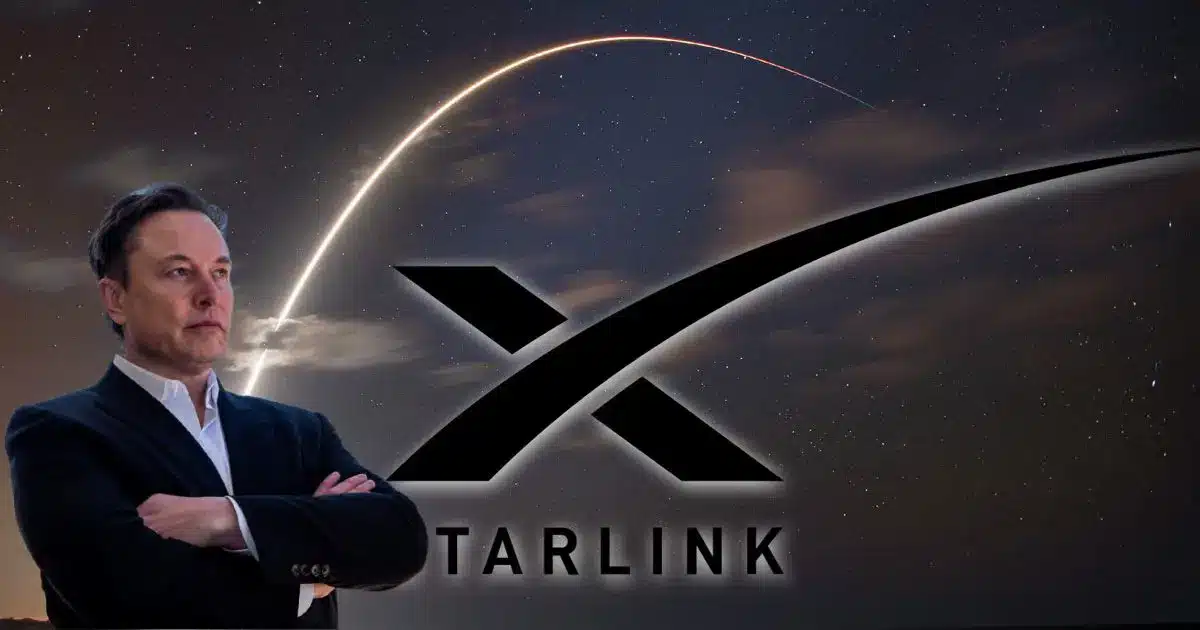Physical Address
60 Ekwema Cres, Layout 460281, Imo
Physical Address
60 Ekwema Cres, Layout 460281, Imo

Vodacom, one of South Africa’s largest telecom companies, has openly supported the country’s ban on Starlink, the satellite internet service run by Elon Musk’s SpaceX. The main reason behind Starlink’s ban in South Africa is a law that requires any telecom company operating in the country to have at least 30% black ownership. This rule is part of the government’s Black Economic Empowerment (BEE) policy, which aims to address past inequalities by ensuring that historically disadvantaged South Africans have a stake in major businesses.
This isn’t just about internet access. It’s a clash between cutting-edge tech and South Africa’s push to fix decades of economic exclusion. Under Black Economic Empowerment (BEE) laws, telecom firms must ensure 30% ownership goes to people sidelined during apartheid. Vodacom’s message is blunt: “If we’ve done the work to meet these rules, why should outsiders skip the line?”
Read Next: According to the SEC, CBEX is not Recognized as a Registered Organization
Starlink’s approach, offering satellite internet directly from the U.S. without local partnerships, has hit a wall. Regulators at ICASA confirm the company hasn’t even applied for the required licenses, let alone met the 30% ownership rule. When pressed, Starlink reportedly called the requirement “impossible” for its business model, quietly stepping back from talks.

For Vodacom, this isn’t about stifling competition. It’s about fairness. “You can’t build a more equal society if some companies get to ignore the rules,” their stance implies. But critics fire back: rural areas, where cell service is patchy or nonexistent, desperately need Starlink’s tech. Farmers, schools, and clinics in these regions are stuck in the digital slow lane, while urban centers zoom ahead.
The government isn’t swayed. Officials argue that bending the rules for Starlink would gut BEE’s purpose. “Economic justice isn’t negotiable,” seems to be the mantra. Meanwhile, South Africa’s neighbors, Mozambique, Lesotho, Botswana, already have Starlink up and running, no ownership strings attached.
Despite these arguments, the government and ICASA have stood firm. They insist that economic transformation and empowerment cannot be sacrificed, even if it means waiting longer for new technology. This has left South Africa as one of the few countries in the region without legal access to Starlink, while neighboring countries like Mozambique and Botswana have already welcomed the service.
Read Next: Netflix’s Revenue Increases by 12.5% to $10.54 Billion in Q1 2025, Stops Subscriber Base Counts
The debate over Starlink’s ban in South Africa highlights a bigger question facing many African countries: how to attract foreign investment and new technology while still making sure that local people benefit. For now, Vodacom supports the ban, and the 30% black ownership rule remains a major barrier to Starlink’s entry into the South African market.
Was this information useful? Drop a nice comment below. You can also check out other useful contents by following us on X/Twitter @siliconafritech, Instagram @Siliconafricatech, or Facebook @SiliconAfrica.